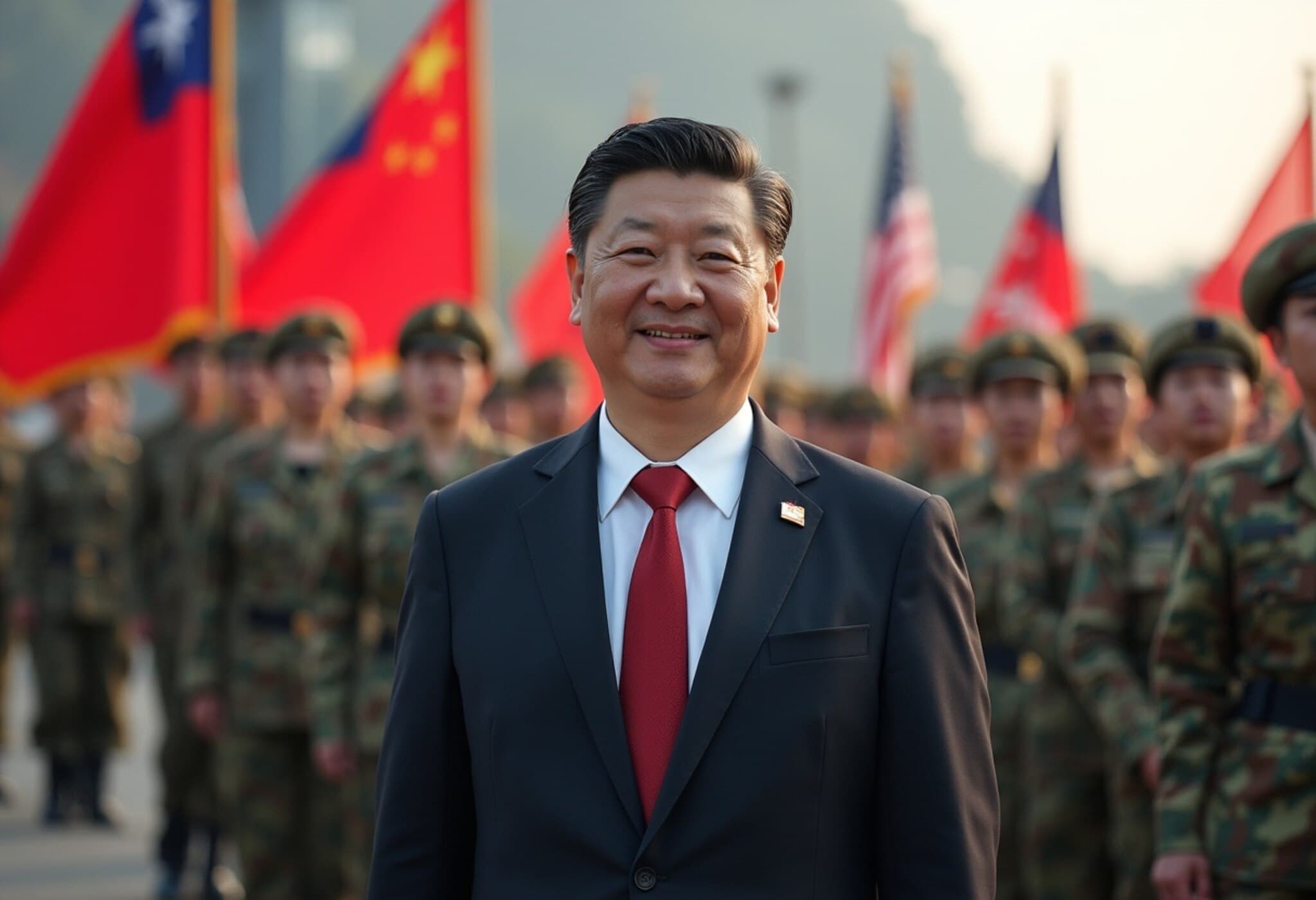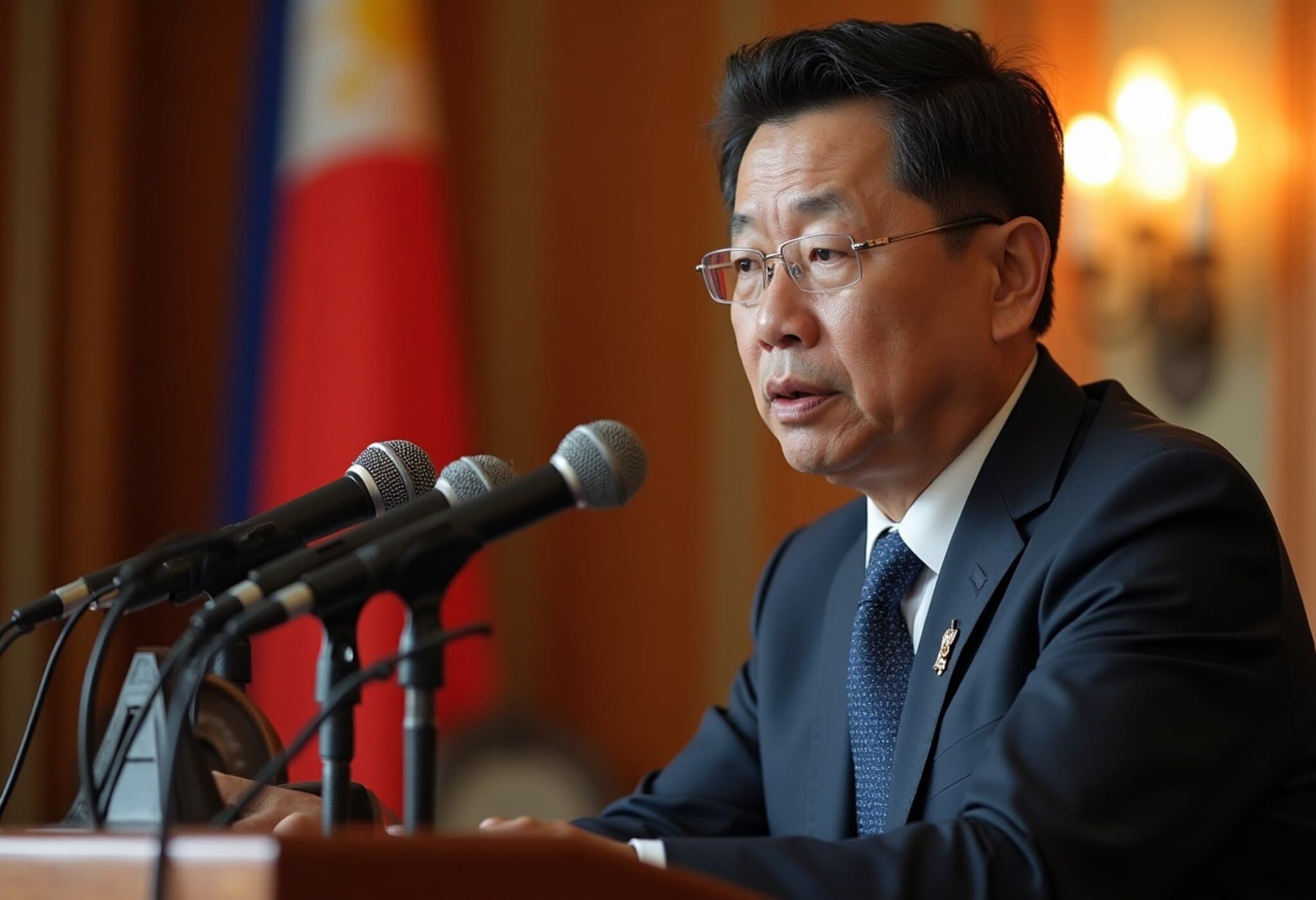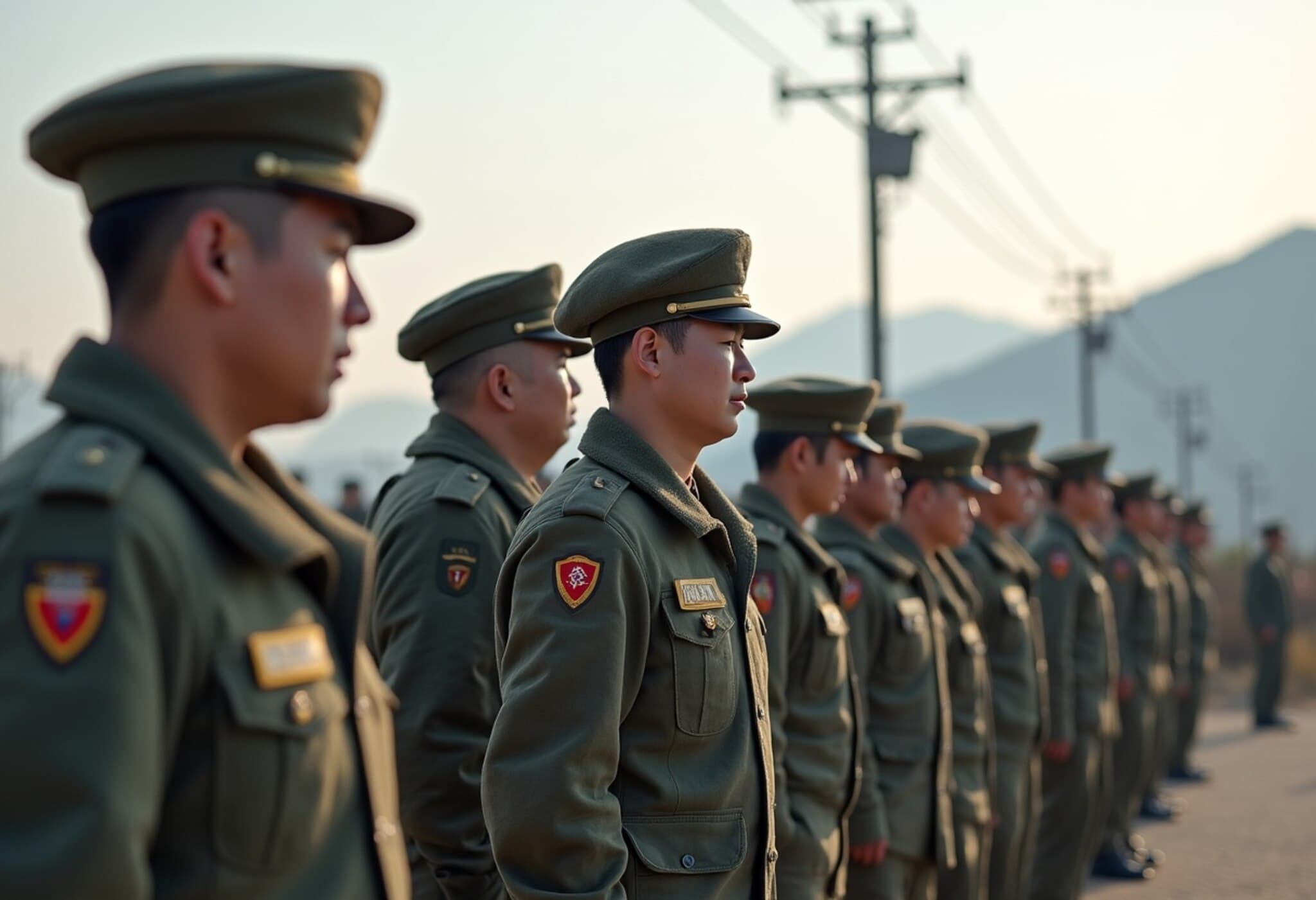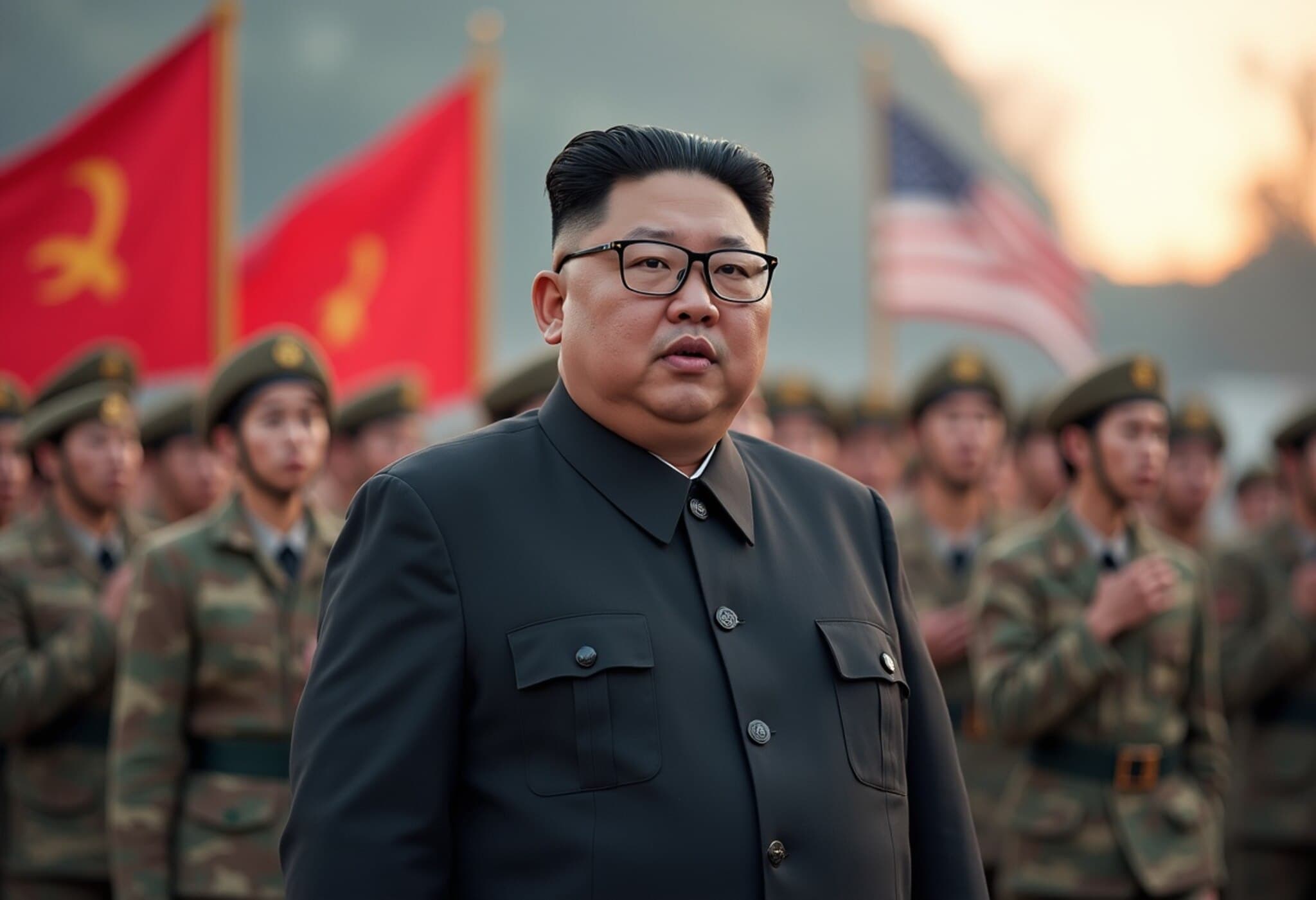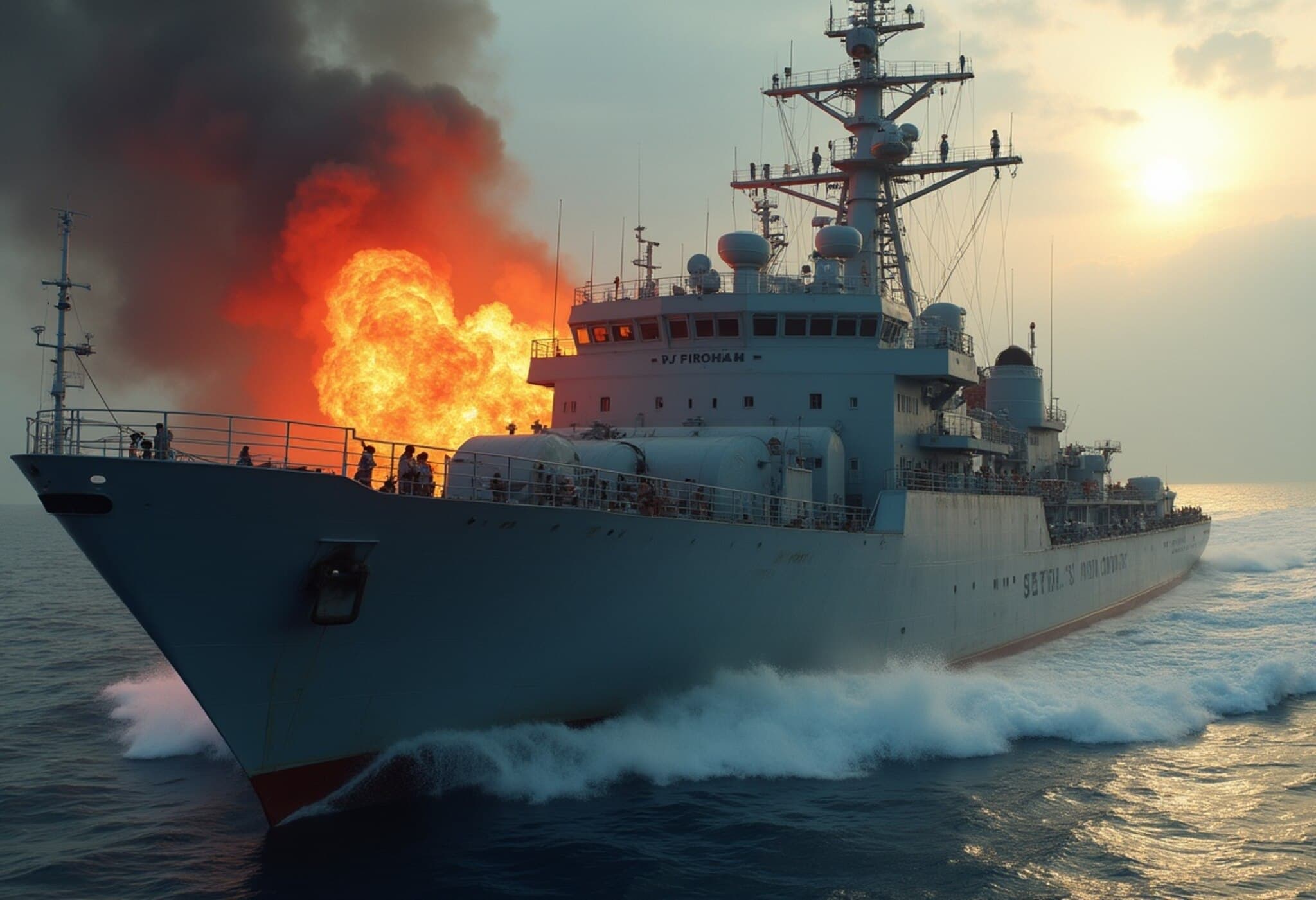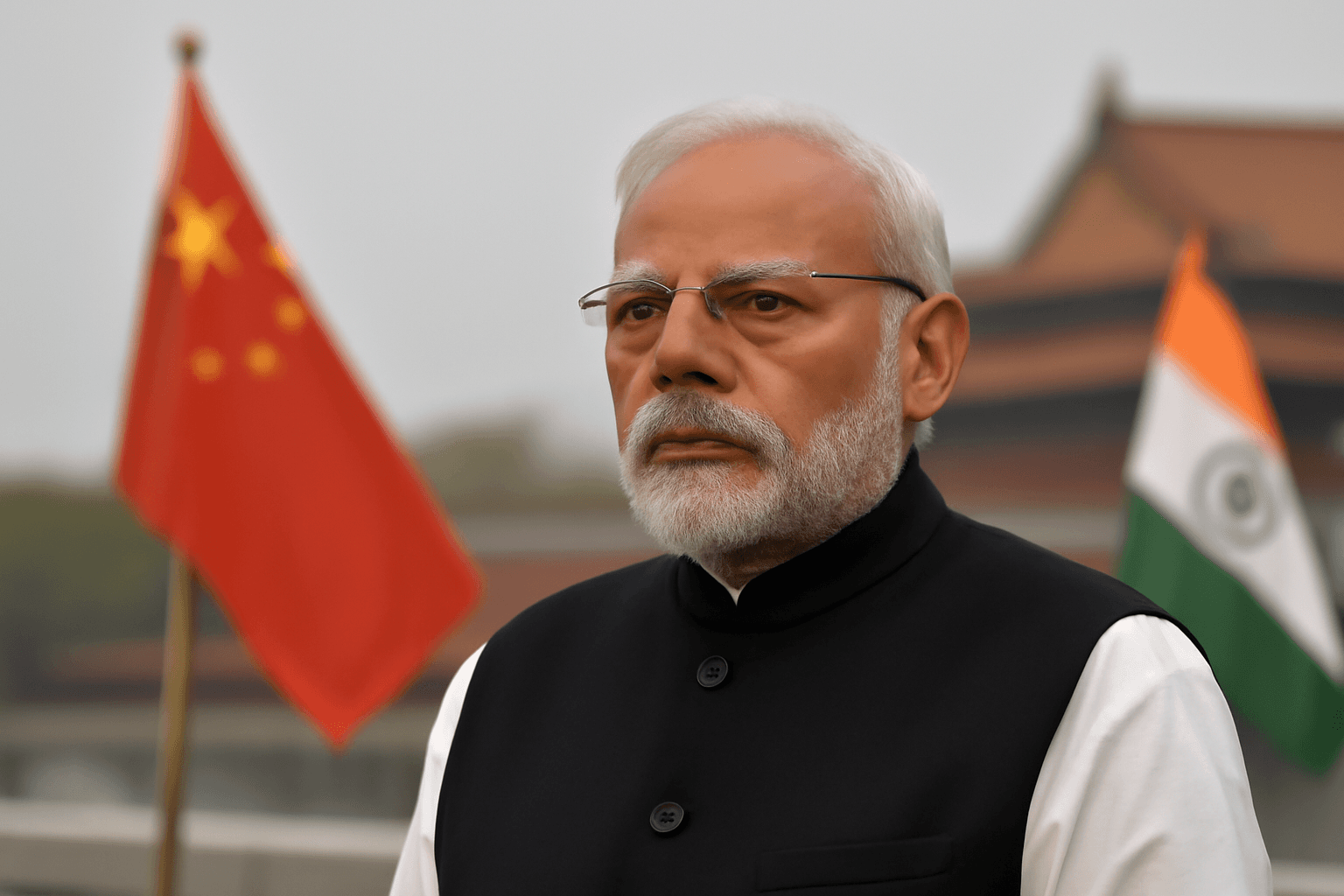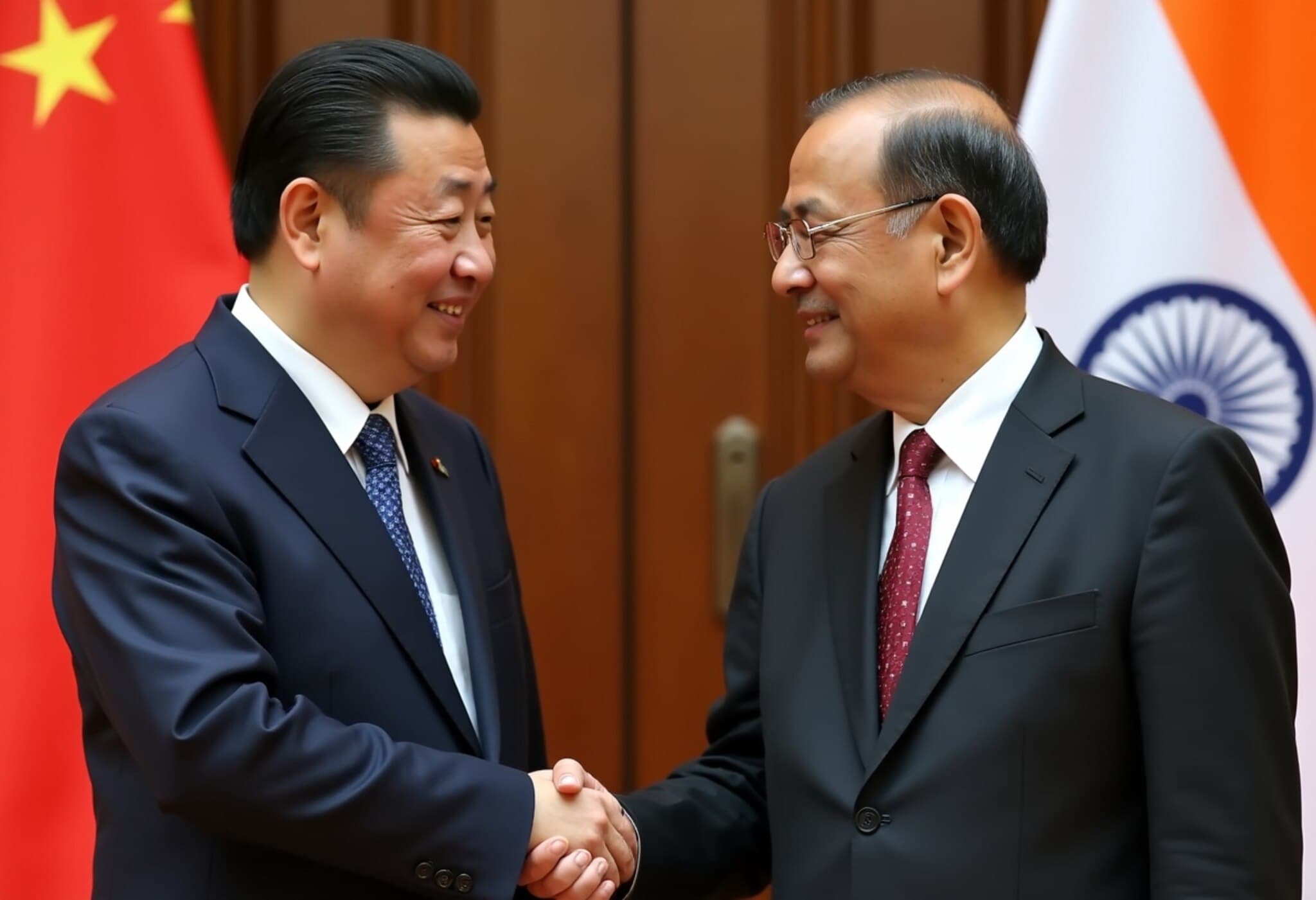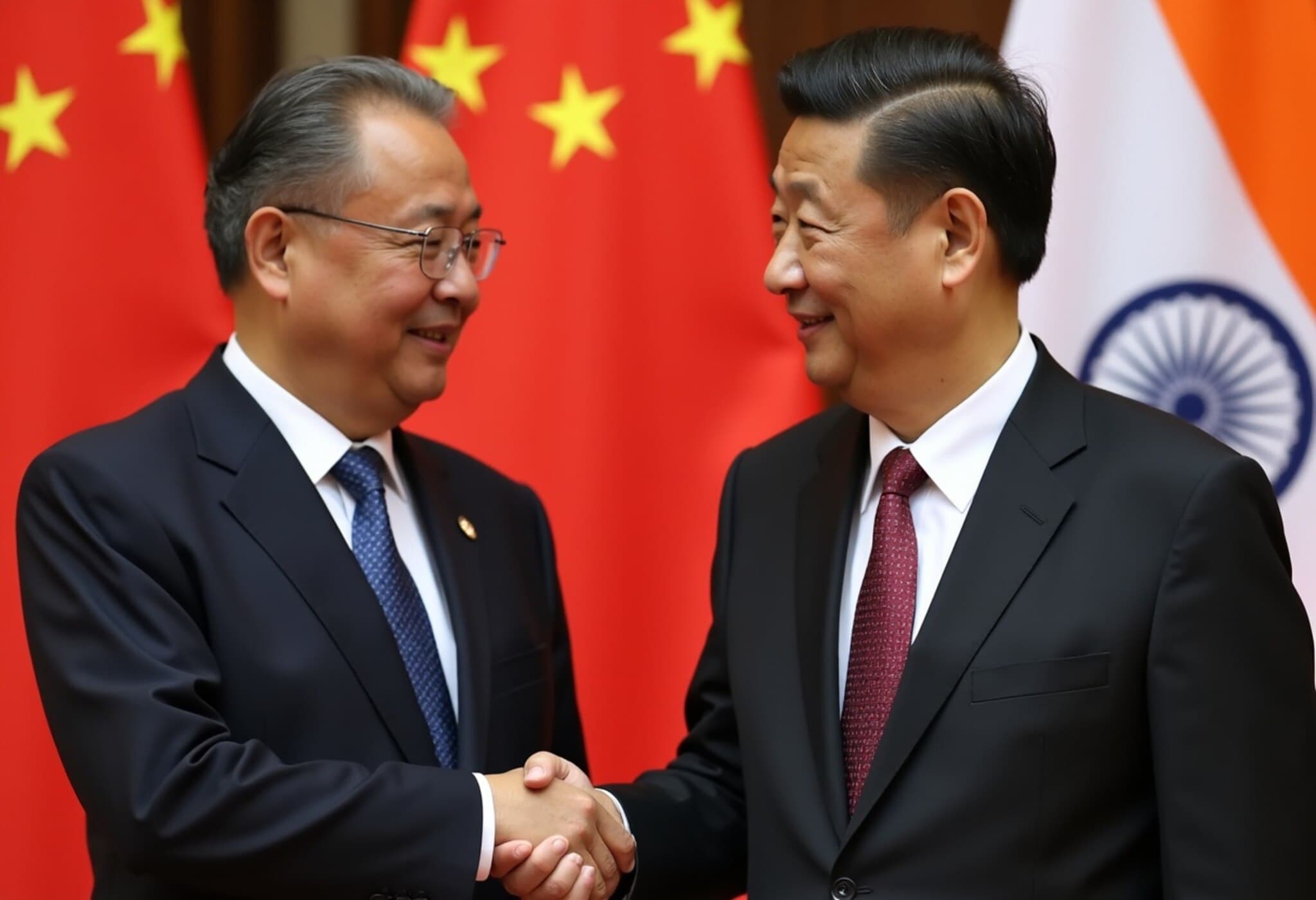Taiwan Responds Firmly to Trump’s Comments on China’s Invasion Plans
In a recent statement sparking regional concern, former U.S. President Donald Trump disclosed that Chinese President Xi Jinping assured him Beijing would not invade Taiwan during Trump’s time in office. This revelation has alarmed Taiwan, which insists on bolstering its defenses independent of external assurances.
Self-Reliance is Central to Taiwan’s Security Strategy
Taiwan’s Foreign Ministry quickly addressed the implications on Tuesday, emphasizing that the island nation cannot depend solely on diplomatic promises or foreign guarantees for its safety. Spokesperson Hsiao Kuang-wei remarked in Taipei, “Taiwan’s security must be achieved through its own efforts.” He added that Taiwan continues to invest heavily in upgrading its defense capabilities and resilience to counter any aggressive moves from Beijing.
This stance reflects Taiwan’s long-standing policy amid its complex geopolitical status. Although the United States remains Taiwan’s most significant international backer and supplier of advanced weaponry, it maintains an intentionally ambiguous defense posture due to the absence of a formal defense treaty with Taiwan. This means Washington holds no binding obligation to intervene militarily if China launches an invasion.
Context: China’s Persistent Claims and Military Pressure
China regards Taiwan as a renegade province and has never renounced the use of force to achieve reunification. President Xi Jinping’s government has escalated military pressure in recent years, with frequent incursions into Taiwan’s air defense identification zone and naval exercises nearby.
Just last month, Taiwan conducted its longest-ever 10-day Han Kuang military drills, a live-fire exercise involving advanced tanks and waterborne drones. The drills serve both as a practical defense rehearsal and a clear message to Beijing that Taiwan is prepared to resist coercion.
Trump’s Comments: A Double-Edged Sword in a Fraught Relationship
During a recent interview, Trump said, “President Xi told me he will never invade as long as I’m president. I appreciate that, but China is very patient.” Such statements have reignited debates over the dynamics between U.S.-China-Taiwan relations, raising critical questions about the reliability of personal assurances in international diplomacy.
Experts caution that while such remarks may appear reassuring, they underscore the precariousness of Taiwan’s security and the need for it to maintain robust autonomous defense measures. Relying on verbal commitments from volatile global powers is, at best, a temporary comfort.
Looking Ahead: What This Means for Regional Stability
- For Taiwan: Continued investment in military modernization and diplomatic outreach remain essential to deter aggression and maintain de facto sovereignty.
- For the U.S.: Balancing strategic ambiguity with clear deterrence messaging is crucial to avoid misunderstandings that could fuel conflict.
- For China: Persistent military intimidation risks international backlash and destabilizing the already tense Indo-Pacific region.
As tensions simmer, the triangle of interaction between Taiwan, China, and the United States remains a delicate chessboard where words and actions alike carry immense weight.
Editor’s Note
This unfolding dialogue between global leaders highlights the critical importance of Taiwan’s determination to safeguard its security independently. While diplomatic conversations remain vital, Taiwan’s ability to defend itself amid shifting great power politics will likely define the island's future stability and democratic survival. Readers might consider the broader implications: how will informal assurances shape defense strategies, and what role should international partners play in preserving peace in this flashpoint region?

